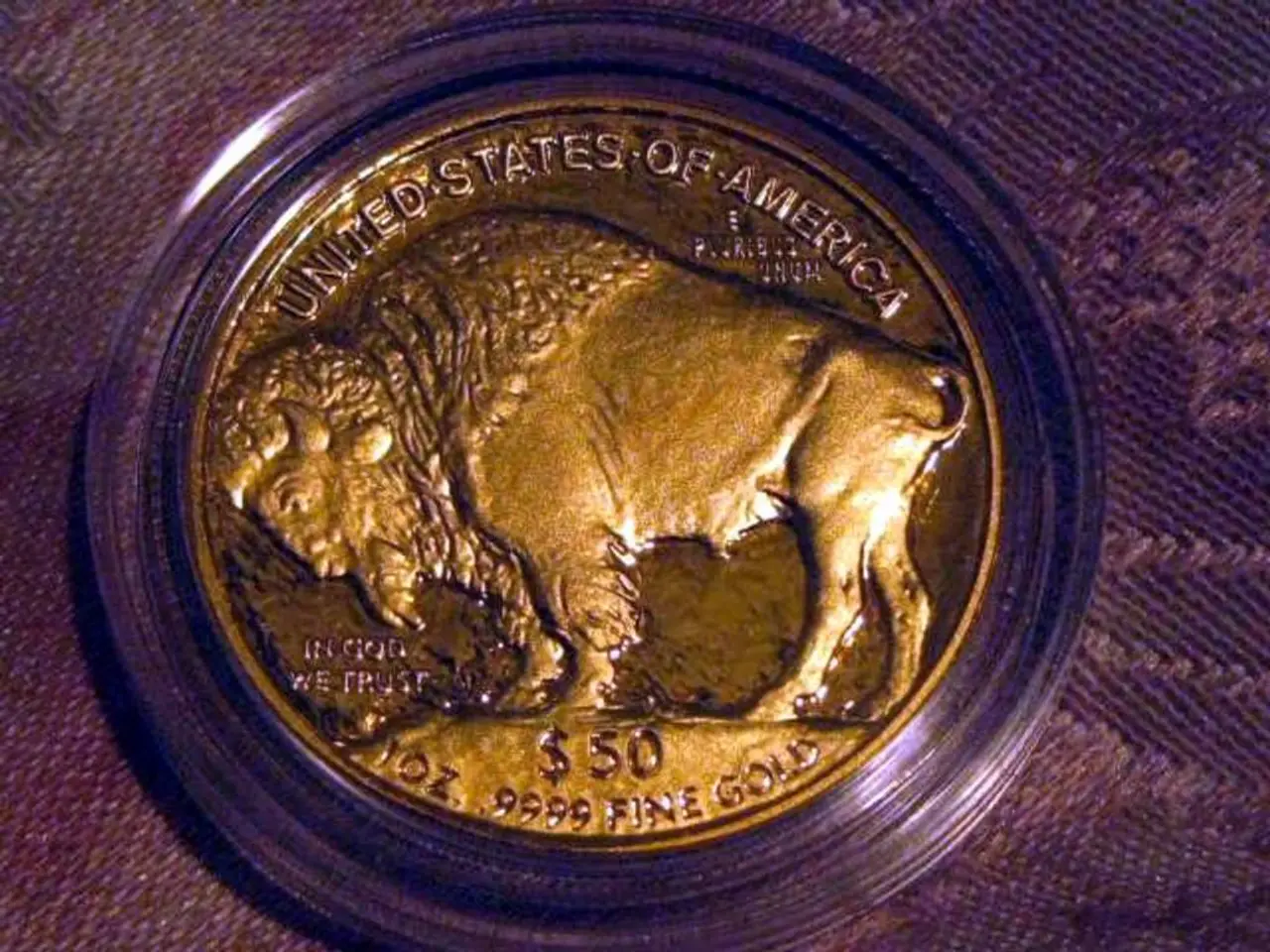Trump's $100,000 H1-B Visa Fee: A Tariff-Like Move to Protect American Jobs
President Trump has announced a significant hike in H1-B visa fees to $100,000, a move aimed at making the visas uneconomical for most companies, similar to the effect of tariffs. The International Federation of Professional and Technical Engineers (IFPTE) has welcomed this decision, expecting it to raise wage levels and reduce competition. However, tech companies argue that this will exacerbate the shortage of high-skilled workers.
The Peterson Institute for International Economics has criticized the administration for misrepresenting a study it cited in its announcement. The new fee, a drastic escalation from the previous $1,500 in 2004, is already dissuading entrepreneurs from sponsoring visas for workers, which could slow down or offshore hiring. The administration asserts that H1-B visa workers are hired at the expense of American workers due to their willingness to work for less. However, a search for specific U.S. companies that have received H-1B visas while laying off American workers did not yield conclusive results.
Trump believes that tariffs boost American businesses and the federal government, but they make goods more expensive and less efficient to acquire. The goal of the new H1-B visa fee is to achieve a similar effect, making the visas uneconomical for most companies.
The new H1-B visa fee, at $100,000, is a significant departure from previous fees and is expected to have a substantial impact on hiring practices. While the IFPTE applauds the move for its potential to raise wage levels and reduce competition, tech companies warn of a potential exacerbation of the high-skilled worker shortage. The administration's claims of H1-B visa workers displacing American workers have been challenged by the lack of concrete evidence.






